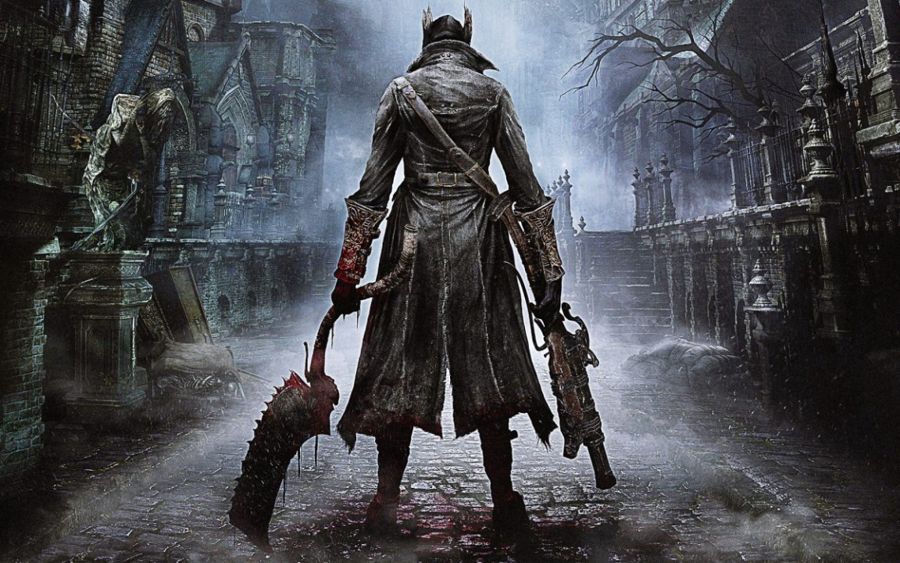

Do stores that sell video games, always, and I mean ALWAYS, check for ID on questionable titles? I have it on pretty good authority they do not.
“I always check for ID, but my boss does not. He wants a sale,” says one assistant manager for a top gaming franchise. When I asked someone who worked for a competing store, he too agreed that they can be pretty lax in checking for ID. “If it gets busy and we have a long line, I don’t check for ID. I don’t think I checked ID once during the holiday season. If a kid wants a game bad enough he is going to buy it or steal it. I’d rather have him buy it.”
While not everyone agrees that games should have a rating feature, parents certainly have the right to make sure their kids are buying games that are indicitive of their values. A few years ago Mortal Combat was as close to real violence as we could get with video games, but now technology and a driving market force have changed the way we game. There are titles where you can do virtually anything: gamble, kill a person, solicit prostitution, have sex, and more.
So is it the responsibility of the gaming stores to make sure your kids are buying games that are deemed appropriate? Perhaps. That system, however, is not fail-proof. “If a kid knows that one sales-clerk always checks ID they will just wait until another salesclerk is on duty,” says a hard-core gamer I know. “There will always be someone willing to bend the rules.”
Bottom line parents, it’s up to you to keep your kids safe. Go shopping with your kids or ask them to show you the game once they have bought it. The game ratings range from EC (anyone 3+) to Adult Only, and most ratings are labeled in a very easy to see place on the box. If in doubt look it up online to determine what others are saying about it. If the game goes against what you are trying to teach your kids talk to them about it and help them find a more appropriate title. Or play the game with them and talk to them about ‘real life vs fantasy’ (if it’s a game thats only slightly questionable). Don’t rely on the gaming industry to do all of the work for you. It’s a business, and because 40% of gamers are under 18*, this is a demographic that some stores are willing to cater to, even when they shouldn’t.
April Whidden is a freelance writer from Portland, OR
Pieces of April at aprilwhidden.com
April also currently writes a video game blog at http:///aprilstorme.



